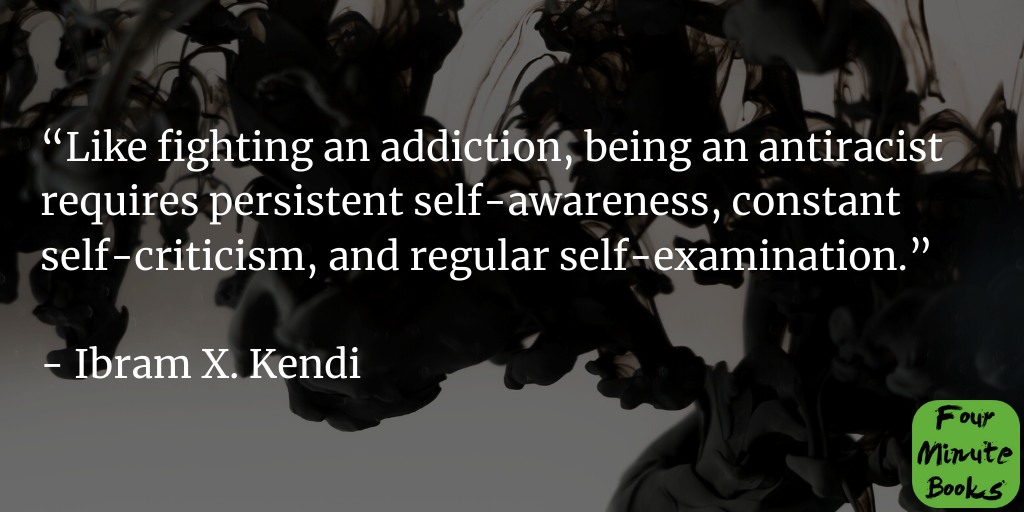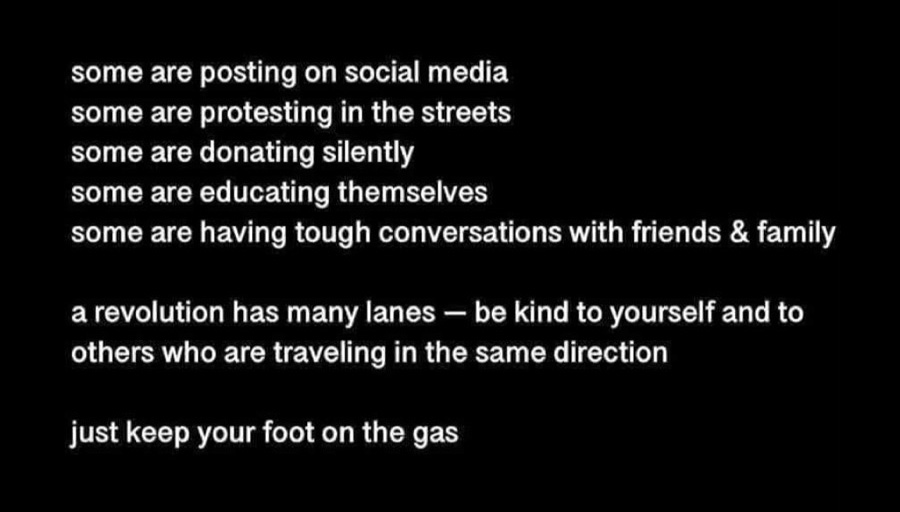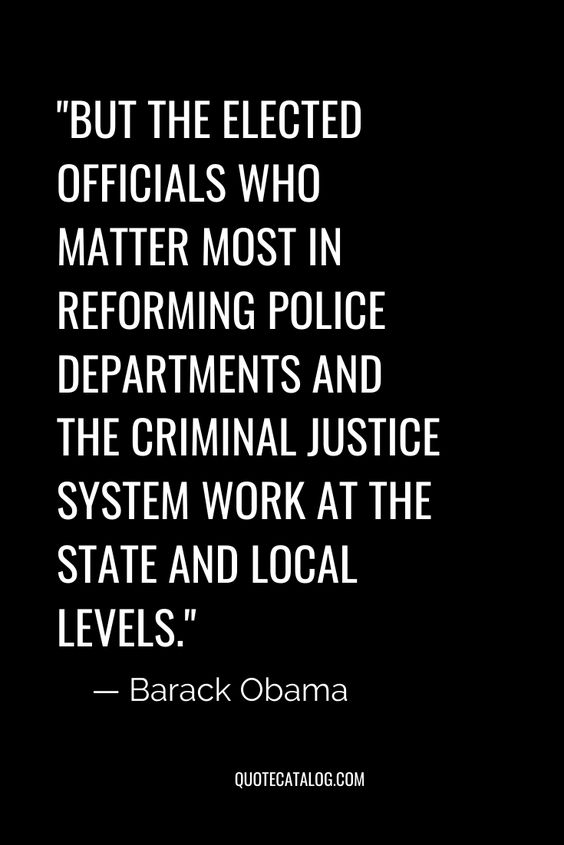Part 3 – Embracing Uncertainty
I originally wanted to save this series until after my 2-month “White Fragility” discussion group had wrapped up, feeling that I would have more to say on the subject then. Part of my nature is to hold back on sharing facts and opinions until I have the whole story – or as much of it as I can reasonably assemble. However, it seemed that that was not the best approach here, as there are people suffering now, and, understanding that this is a complex issue, my learning on the subject will likely be a lifetime endeavor.
My intention in joining this discussion group was to better learn how to engage people like myself who are uncomfortable talking about our privilege. As I write this post, I’m still only one quarter of the way through the readings, discussions, and homework, but it is abundantly clear to me that we will not get a sense of closure and completion from having done this work. (Our friend and facilitator told us as much from the beginning.) And therefore, it seemed a better approach to begin not with answers, but with an admission that this work is, and should, and will continue to be hard.
…and nothing is harder for me than to say “I don’t know.”

Image credit: [1]
Self-Education
I’ve been doing a lot of reading lately to try to gain some answers and guidance. My professional background includes some change management consulting and program design for neighborhood-level grassroots initiatives, both of which involve coming into a closed group with a framework for changing how things are done. The less research you do ahead of time, the fewer conversations you have with people in the target group, the less likely you will be to succeed. Under regular circumstances, the standard approach would be doing as much research before talking to people, and then talking to people as much as possible to get their perspectives and hear their concerns.
However, the widespread recommendation is not to ask People of Color to explain history or racism to you, or to have them speak as a token representative for all People of Color. The idea here is that minorities and people who have been on the receiving end of racial injustice should not have to do additional work and emotional labor to explain why something is bad or to come up with solutions to the problem. I try to be mindful of this concept, but I also have concerns about missing important information while doing research or making erroneous assumptions that are based on my very different perspective as a white person. I want to be as informed as possible, but I admit to a very big fear of getting things wrong and unintentionally hurting people by working in a vacuum.
I found it discomforting that a lot of the things I’ve been doing have been called out in various outlets, most notably the Washington Post opinion piece from earlier this month entitled “When black people are in pain, white people just join book clubs.”[2] While I will say that our group is working through specific activities designed to take us out of our comfort zones and reveal inherent biases, I recognize the level of privilege we enjoy by being able to sit back, read, and discuss something that is happening to others.

Image credit: [3]
It also didn’t escape my attention that we are a group of (largely, not exclusively) white women discussing a book on systemic racism written by a white woman. Friends of mine have questioned me as to why we started with this book, rather than something written by a person of color. One of these friends shared with me a New Yorker article[4] written by a friend of his comparing DiAngelo’s White Fragility[5] and Kendi’s How to be an Antiracist.[6]
Analysis Paralysis
Keeping in mind that I am still working my way through both of these books, I can’t say I’m overly surprised that DiAngelo appears to put a lot more responsibility for racism on white people than Kendi does. As a white person, I experience an uncomfortable amount of guilt when I actually consider the privilege afforded to me because of my skin color, and it makes sense that that forms the central argument of her book: DiAngelo’s definition of “racism” is not distinct actions, but rather a social framework that continues to benefit white people.
When we feel guilty about not taking actions to disassemble that framework, we tell ourselves comforting things like how we marched for civil rights, or don’t see color, or lived as a minority in Japan (yes, she actually used this as an example in her book, and I howled with laughter when I read it). Friend of the blog, The Bethlehem Gadfly,[7] responded to my post last week with a wonderful, tongue-in-cheek take on why he couldn’t possibly be racist,[8] and I was inspired by seeing someone I have personally admired for doing so much over the course of his life recognize that he can still do more.

Image credit: [9]
As I mentioned above, I have been cautioned about the approach described in White Fragility. For one thing, some have concerns about DiAngelo’s level of self-flagellation, noting that in placing all of the responsibility on white people to fix this systemic problem, we continue to make it about ourselves, and we continue to victimize and remove agency from People of Color. But even more simply, using the term “racist” broadly enough to say that everyone is (a little bit), essentially robs it of its meaning. If we use it to describe everyone from someone who made an unintentionally offensive mistake to someone who intentionally commits hate crimes, does that elevate the severity of the former and diminish that of the latter?
I believe that DiAngelo deals with issue by defining terms like “racism” (a structure) as being distinct from “racial prejudice” (learned biases) and “racial discrimination” (distinct actions). But ultimately, we are simply arguing semantics, and why are we doing that when we could be taking action? According to Kendi, if it’s possible to change racist policies without changing racist minds, then it doesn’t matter too much who thinks what or why. And if that’s the case, we should get moving to push through better policies such as criminal justice reform, more money for Black schools and Black teachers, and a program to fight residential segregation.
Time to Act
I do think that reading White Fragility is an important first step – at least it has been for me in helping to identify my biases and defense mechanisms when I’m feeling challenged, guilty, and/or uncomfortable. But while it’s a good first step, it can’t be a last step. Growth is uncomfortable, if not painful. If you are committed to being anti-racist, you need to come to terms with the fact that you’re going to make mistakes and be embarrassed, but ultimately learn how to be a better ally (if ally is even the word we should use).[10]
In my first post, I shared a reading list that will help other people like me learn more than what we were taught in school and what we see on the news.[11] In the second post, I shared a list of organizations that are doing good work to combat systemic racism and promote equity locally, regionally, and nationally; if you don’t know what else to do, you can financially support their work.[12] In this last post (for now), I am including a list of resources that can help you get involved in shaping local policy by voting and reaching out to your local elected officials.
Note: the first links are public safety-specific because of the timeliness of that issue, but you can keep reaching out on different issues as they arise.
- New Era of Public Safety: An Advocacy Toolkit for Fair, Safe, and Effective Community Policing
- Anguish and Action: resources and actions for creating a more just and equitable world
- Vote in your local elections!
Check out vote411.org to see who is on your ballot,
ballotpedia.org to learn about their background,
and ontheissues.org to see their voting records. - Call and email your local officials about issues that matter to you; look up their contact information here.
The president of my university (yes, the small, white, affluent university I mentioned in last week’s post) once said to me that learning is like breathing: in college especially, you want to take everything in and learn as much as you can, but it doesn’t just work one way; you have to exhale as well – you have to do something with that knowledge, put it to use.
And so while I close this post, I recognize that I am not closing the issue. It is incumbent upon me to pass on what I have learned and to take action with that knowledge… and also recognize that that knowledge will change and grow as I learn, and try, and make mistakes.
~
Have you read these books? What are your takeaways on these theories? I’d love to hear your thoughts below.
Thank you for reading!
[1] https://fourminutebooks.com/how-to-be-an-antiracist-summary/
[2] https://www.washingtonpost.com/outlook/white-antiracist-allyship-book-clubs/2020/06/11/9edcc766-abf5-11ea-94d2-d7bc43b26bf9_story.html
[3] https://greeblehaus.com/2020/06/listening.html/black-lives-matter-lanes
[4] https://www.newyorker.com/magazine/2019/08/19/the-fight-to-redefine-racism
[5] https://www.goodreads.com/book/show/43708708-white-fragility
[6] https://www.goodreads.com/book/show/40265832-how-to-be-an-antiracist
[7] https://the bethlehemgadfly.com
[8] https://thebethlehemgadfly.com/2020/06/23/i-am-not-a-racist-no-not-even-a-little/
[9] https://i.pinimg.com/564x/21/04/2c/21042ce577b9530aac4f19cc693c41b3.jpg
[10] https://humanparts.medium.com/there-is-no-such-thing-as-a-white-ally-469bb82799f2
[11] https://radicalmoderate.online/everyones-a-little-bit-racist-part-1/
[12] https://radicalmoderate.online/everyones-a-little-bit-racist-part-2/
0 Comments